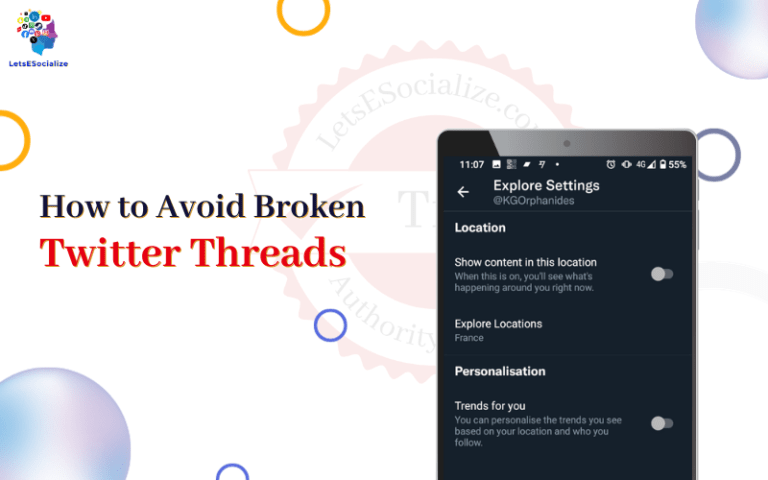In a significant change to its platform, Twitter Implemented a Mandatory Sign-In requirement for users who wish to view tweets. This move, described by Elon Musk as a “temporary emergency measure,” aims to combat the rampant data scraping issues plaguing the social media giant.
Starting immediately, individuals attempting to access content on Twitter will be prompted to either create a new Twitter account or log in using their existing credentials to access tweets.
Elon Musk, although no longer serving as Twitter’s CEO, publicly addressed the decision, highlighting the pressing need to take action against extensive data scraping activities that were severely degrading the overall user experience. He explained that numerous organizations were aggressively harvesting Twitter data, creating significant disruptions for ordinary users.
To illustrate the severity of the situation, Musk recounted a recent incident where a disproportionately high number of users were suspended for three days due to spam-related violations.
Also read: How to Scrape Twitter Followers: The Ultimate 2023 Guide
Moreover, Musk expressed his discontent with artificial intelligence entities like OpenAI (the owner of ChatGPT) for utilizing Twitter’s data to train their large language models. He went on to declare his intent to pursue legal action against those responsible for stealing Twitter’s data, anticipating a court case to occur within the next two to three years.
Earlier this year, Musk’s attorney, Alex Spiro, addressed a letter to Microsoft CEO Satya Nadella, urging the tech giant to conduct an audit of its utilization of Twitter’s content. This action was taken on the grounds that Microsoft had allegedly violated an agreement concerning the use of Twitter’s data.
In an effort to rekindle the interests of advertisers who departed during Musk’s tenure and enhance subscription revenues, Twitter has introduced measures such as integrating verification checkmarks into the Twitter Blue program.
In addition to these changes, Twitter recently unveiled its strategic plans to focus on video content, creator collaborations, and commerce partnerships, aiming to diversify its revenue streams beyond digital advertising.
Lastly, Twitter has commenced charging users for access to its application programming interface (API), which is commonly used by third-party applications and researchers.
These developments signal Twitter’s proactive stance in addressing critical issues like data security while simultaneously seeking new avenues for growth and revenue generation in the dynamic landscape of social media.







